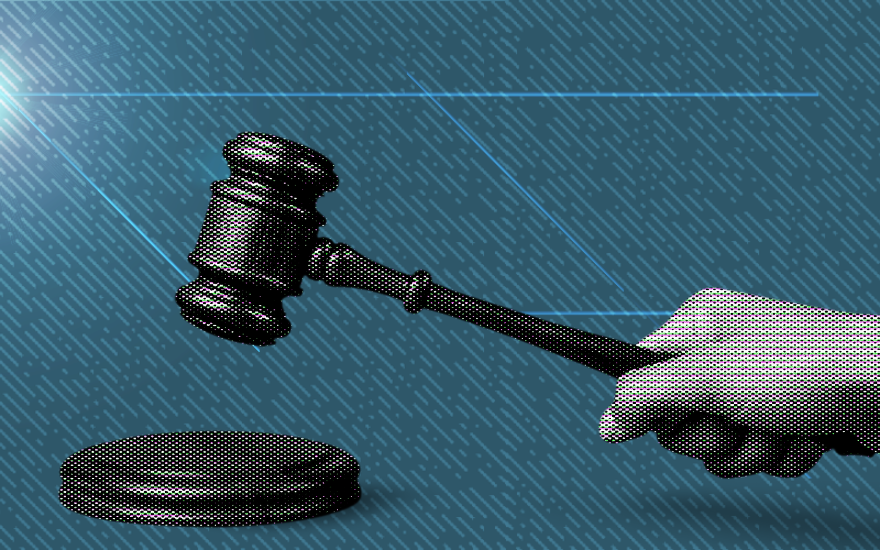Congressman Scott Perry of Pennsylvania has been ordered to give his phone data to the Department of Justice as part of its investigation into the events of Jan. 6, 2021.
Chief Judge James Boasberg of the United States District Court of D.C. ruled on Dec. 19 that the majority of the record – 1,659 of the 2,055 documents – are not considered to be protected speech under the Constitution’s Speech and Debate Clause. Just 396 documents were classified as protected speech by the court.
“The D.C. Circuit thereafter determined that the district court had failed to apply the fact-specific privilege inquiry required by Gravel v. United States, 408 U.S. 606 (1972), to many of Perry’s communications,” wrote Boasberg in the decision.
The Federal Bureau of Investigation seized the Republican’s cell phone on Aug. 9, 2022 shortly after the agency conducted a raid on President Donald Trump’s estate in Florida. Perry said he was traveling with his family when three agents seized the device.
“They made no attempt to contact my lawyer, who would have made arrangements for them to have my phone if that was their wish,” he said in a statement released by his office, per Politico.
The FBI has labeled the congressman a figure of interest in their investigation into the allegations that Trump intentionally planned to overthrow the United States government after the November 2020 election.
Perry has fought to not have to comply with the investigation. Less than two weeks after the initial seizure, the congressman sued the federal government and asked the court to return his property immediately. His legal team argued the government “failed to establish probable cause” and asked that the court “prohibit the government from obtaining records and information associated with Rep. Perry’s cellular phone.”
Congressman Jim Jordan of Ohio said the Office of the Inspector General’s role in the seizure of Perry’s cellphone created “a serious conflict of interest” and was “inconsistent” with the office’s “responsibilities to conduct independent oversight” of the Department of Justice.
“The OIG’s assistance to the FBI in imaging Representative Perry’s phone – in addition to posting questions about why the nation’s top law enforcement agency cannot perform this task itself – raises serious concern about why you would be willing to sacrifice the OIG’s independence to assist the FBI in advancing such a politically charged matter,” Jordan wrote in a letter on Aug. 29.
Perry dropped his lawsuit in October.
“We’re pleased with the cooperative spirit of the discussions that have taken place, and we have voluntarily dismissed our motion for an injunction. We intend to continue those constructive discussions to resolve the matter. We have no further comment at this time,” John S. Irving, an attorney for Perry, told The Hill.

